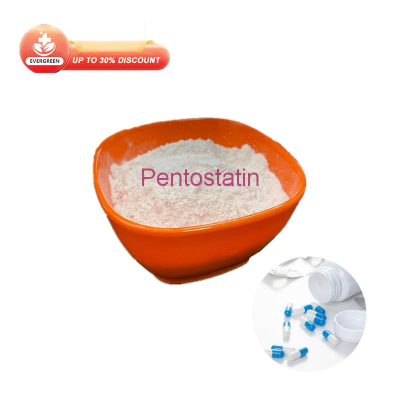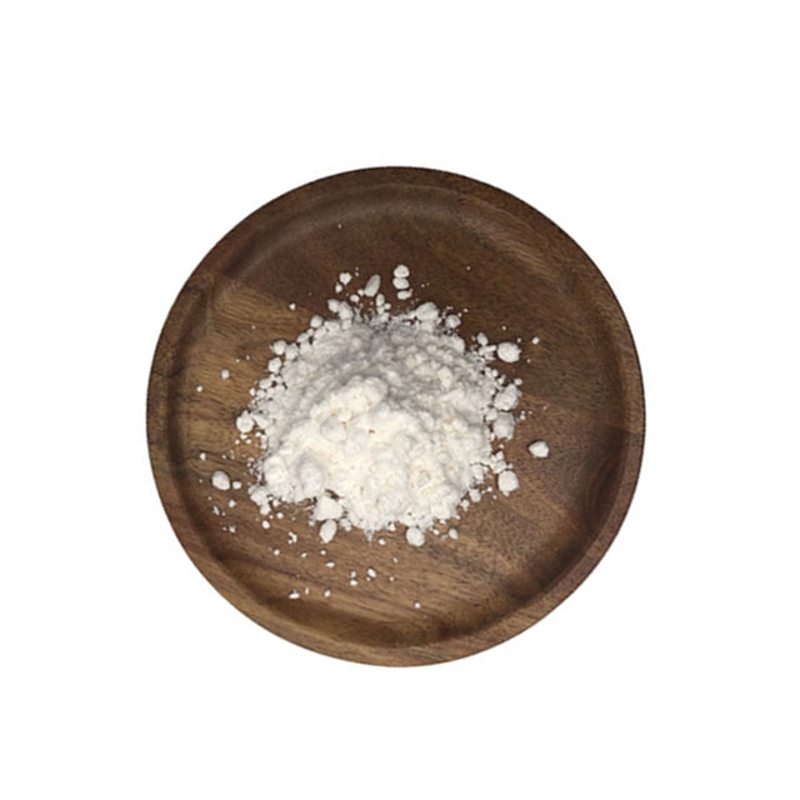-
Categories
-
Pharmaceutical Intermediates
-
Active Pharmaceutical Ingredients
-
Food Additives
- Industrial Coatings
- Agrochemicals
- Dyes and Pigments
- Surfactant
- Flavors and Fragrances
- Chemical Reagents
- Catalyst and Auxiliary
- Natural Products
- Inorganic Chemistry
-
Organic Chemistry
-
Biochemical Engineering
- Analytical Chemistry
- Cosmetic Ingredient
-
Pharmaceutical Intermediates
Promotion
ECHEMI Mall
Wholesale
Weekly Price
Exhibition
News
-
Trade Service
Professor Lv Zhimin of Zhejiang University et al.
found that the induction of adenosine monophosphate activated protein kinase-dependent S279 phosphorylation of CHKα2 and the subsequent K247 acetylation of KAT5-mediated CHKα2 can convert CHKα2 from dimer to monomer, resulting in CHKα2 binding
to PLIN2/3.
CHKα2 can phosphorylate PLIN2/3 and then dissociate with lipid droplets to promote lipolysis, β-oxidation, tumor cell survival and tumor growth.
The article was published in the July 2021 issue of Molecular Cell magazine
.
- Excerpted from the article chapter
【Ref: Liu R, et al.
Mol Cell.
2021 Jul 1; 81(13):2722-2735.
e9.
doi: 10.
1016/j.
molcel.
2021.
05.
005.
Epub 2021 Jun 1.
】
Research background
Lipid droplets are important
for the growth and survival of cancer cells.
Lipid droplets are dynamic, lipid-rich organolecers that regulate the storage and hydrolysis
of neutral lipids.
Lipid droplets are involved in many aspects of cellular activity and are associated with
cancer cell survival.
However, the mechanism that triggers lipolysis of fat droplets is unclear
.
Choline kinase (CHK) catalyzes the phosphorylation of free choline to phosphocholine, which is further converted to cytidine diphosphate (CDP) choline via choline cytidine transferase (CCT) and then to phosphatidylcholine (PC)
by phosphocholinetransferase (CHPT1).
Professor Lu Zhimin of Zhejiang University et al.
found that the induction of adenosine monophosphate (AMP)-activated protein kinase (AMPK)-dependent S279 phosphorylation of CHKα2 and subsequent K247acetylation of KAT5-mediated CHKα2 can convert CHKα2 from dimer to monomer, resulting in CHKα2 binding
to PLIN2/3.
CHKα2 can phosphorylate PLIN2/3 and then dissociate with lipid droplets to promote lipolysis, β-oxidation, tumor cell survival and tumor growth.
The article was published in the July 2021 issue of Molecular Cell magazine
.
Research methods
To understand the initiation process of lipolysis of lipid droplets, the authors purify lipid droplets
from HCC cells of human Huh7.
Liquid chromatography-tandem mass spectrometry (LC-MS/MS) analysis was performed on lipid droplets extracted from Huh7 cells lacking glucose, and CHKα2 was found to be a lipid droplet interacting protein
.
Western blot analysis of purified lipid droplet from Huh7 cells, U87 cells, or human primary GBM cells showed that glycolysis inhibitors can induce a small portion of the cytosolic CHKα2 to bind to
the lipid droplets.
The lack of glucose significantly reduces the number of
lipid droplets in Huh7.
In the absence of glucose, lipodrop lipolysis requires CHKα2
.
Subsequently, the authors found a lack of glucose to induce an association
between endogenous AMPKα1 and CHKα2.
AMPK-mediated S279 phosphorylation of CHKα2 is necessary
for the binding of CHKα2 to lipid droplets in the absence of glucose.
This association was validated
by co-immunoprecipitation analysis.
In vitro acetylation assays showed that purified His-KAT5 acetylated purified wild-type GST-CHKα2 instead of the K247R mutant
of CHKα2.
These results suggest that AMPK mediates S279 phosphorylation of CHKα2, which in turn triggers KAT5-mediated K247 acetylation of CHKα2, recruiting CHKα2 to lipid droplets
.
Next, to determine whether glucose deficiency and K247 acetylation of CHKα2 affect CHKα2 dimerization, the authors expressed the S protein - FLAG-biotin (SFB)-, HA- or Myc-tagged wild-type or mutant CHKα2 or CHKβ
in Huh7 cells.
The experimental results showed that wild-type SFB-CHKα2 and wild-type SFB-CHKβ interacted with HA or Myc-labeled wild-type CHKα2 or wild-type CHKβ to form CHKα2 homodimers
.
However, glucose deficiency can reduce the formation of CHKα2 homodimers but does not affect CHKα2/β heterodimer or CHKβ homodimer production
.
The authors also found that K247R of CHKα2 does not bind to PLIN2 or PLIN3 in response to glucose deficiency, suggesting that K247acetylation of CHKα2 is essential
for CHKα2's binding to PLIN2/3.
The conversion of CHKα2 from dimer to monomer enables CHKα2 to bind to PLIN2 or PLIN3, and K247 acetylation of CHKα2 is unlikely to be a binding site
.
To further determine the effect of CHKα2-mediated PLIN2/3 phosphorylation on lipolysis of lipid droplets, the authors used CRISPR-Cas9 to knock out PLIN2 Y232F/PLIN3 Y251F double mutants
in U87 cells.
The results showed that PLIN2/3 phosphorylated by CHKα2 bound to Hsc70, resulting in ATGL and autophagosome aggregation into lipid droplets for lipolysis
.
Study results
Finally, the authors conducted experiments on cell biology and nude mice and found that the cytostatic effect induced by PLIN2/3 phosphorylation defects is the result of lipolysis and decreased fatty acid production, rather than lipid accumulation
.
In mouse models, knocking out the expression of S279A of CHKα2, K247R of CHKα2, PLIN2 Y232F/PLIN3 Y251F or inhibiting their expression with shRNA can inhibit tumor growth and prolong the survival time of mice, indicating that CHKα2-regulated lipid droplet hydrolysis plays a key role
in counteracting nutritional stress and maintaining tumor growth.
Conclusion of the study
In summary, the authors found that CHKα2 is a protein kinase
that phosphorylates PLIN2/3.
CHKα2 is overexpressed in a variety of cancers and is associated with
tumor prognosis.
This study demonstrated that CHKα2-dependent PLIN2/3 phosphorylated protein kinase activity is required for
tumor cell proliferation and tumor growth.







